Marcello Mastroianni is a name that resonates with film aficionados around the globe. Known for his charisma, astounding acting range, and memorable roles in Italian cinema, Mastroianni became one of the iconic figures of 20th-century film. His contributions to cinema emerged during a transformative period in Italian film, particularly during the Italian Neorealism movement and later in films that influenced modern cinema. This article delves into 15 fascinating facts about Marcello Mastroianni’s life and career, followed by a frequently asked questions section.
1. Early Life and Background
Marcello Mastroianni was born on September 28, 1924, in Fontana Liri, a small town in the province of Frosinone, Italy. He grew up in a family of modest means. His father, who had a passion for the arts, introduced him to culture and literature, laying the foundation for Marcello’s future in the world of acting.
2. Education in Acting
Mastroianni began his formal education in acting when he moved to Rome in the 1940s. He enrolled at the Centro Sperimentale di Cinematografia, an esteemed acting school in Italy. His studies would later contribute immensely to his ability to portray complex characters with depth and vulnerability.
3. Debut in Film
Marcello Mastroianni made his film debut in 1946 with the film “I Duri.” Early in his career, he often played small roles in various films, but it was his breakout performance in "The Bicycle Thief" (1948)—although not the lead—that would bring him recognition and set him on the path to stardom.
4. Collaboration with Fellini
One of Mastroianni’s most notable collaborations was with famed Italian director Federico Fellini. The two worked together on several films, including "La Dolce Vita" (1960), a cinematic masterpiece that captures the decadence of post-war Rome. Mastroianni’s role as Marcello Rubini in this film solidified his reputation and earned him international acclaim.
5. Icon of Italian Cinema
Mastroianni became a symbol of Italian cinema during the 1960s and 1970s, embodying the nuanced male character—often charming yet deeply introspective. His performances encapsulated the era’s existential themes, making him a defining figure in the film industry.
6. Versatile Actor
Marcello Mastroianni demonstrated incredible versatility throughout his career. He adeptly transitioned between genres, succeeding in comedy, drama, and romance. His ability to portray diverse characters, from disillusioned intellectuals to romantic leads, played a significant role in his longevity in the film industry.
7. Awards and Nominations
Over his prolific career, Mastroianni received numerous accolades. He was nominated for several Academy Awards and won a Best Actor award at the Cannes Film Festival for his role in "A Special Day" (1977). His international fame has made him a beloved figure not only in Italy but across the globe.
8. Personal Life
Marcello Mastroianni was known for his romantic relationships, which often drew media attention. He had notable affairs with several prominent actresses, including the legendary Faye Dunaway, and was famously married to actress Flora Carabella. Despite his personal life being a subject of interest, he remained relatively private and was dedicated to his craft.
9. Language Skills
Mastroianni was known for his linguistic talents. He spoke fluent Italian, English, French, and Spanish. His ability to communicate in multiple languages allowed him to take on diverse roles in international cinema, expanding his reach beyond Italy.
10. Late Career Success
Even in the latter part of his career, Mastroianni continued to shine. His performance in "The Last Woman" (1976) and "Cinema Paradiso" (1988)—a film that pays homage to the magic of cinema—are testaments to his enduring talent. These roles resonated with both audiences and critics, demonstrating his ability to adapt to evolving cinematic landscapes.
11. Iconic Style and Persona
Mastroianni was not only known for his acting talents but also for his distinctive style. His charming demeanor, coupled with his suave sense of fashion, made him a style icon of his time. He often graced the red carpet donning well-tailored suits, a trend that many associated with the Italian cinema style of the era.
12. Impact on Modern Cinema
Mastroianni’s influence extended beyond his own films. He paved the way for future generations of actors, inspiring countless performers with his ability to tap into the emotional depths of his characters. His style and techniques have become a point of study in film schools worldwide.
13. Work with International Directors
Throughout his career, Marcello Mastroianni collaborated with numerous renowned directors from various countries beyond Italy. These included the likes of Michelangelo Antonioni, Louis Malle, and even directors from Hollywood, such as Dino Risi. His ability to work across different cultures helped bridge the gap between European and American cinema.
14. Legacy
Marcello Mastroianni passed away on September 19, 1996, in Paris, France, leaving a significant legacy that continues to influence actors and filmmakers. His films remain timeless classics, and his unique style and the depth of his performances are often studied and revered by new generations of filmmakers worldwide.
15. Commemorative Recognition
Since his passing, Mastroianni has been honored in various ways. The Marcello Mastroianni Award is awarded each year at the Venice Film Festival for the best young actor or actress, recognizing his impact on the film industry and ensuring that his contribution to cinema is not forgotten.
FAQs about Marcello Mastroianni
Q1: What are some of Marcello Mastroianni’s most famous films?
A1: Some of Mastroianni’s most notable films include "La Dolce Vita" (1960), "8½" (1963), "Yesterday, Today and Tomorrow" (1963), and "A Special Day" (1977). These films showcase his range and capabilities as an actor.
Q2: Did Marcello Mastroianni ever win an Academy Award?
A2: Although Mastroianni received multiple nominations, he did not win an Academy Award. However, he won prestigious awards such as the Cannes Film Festival Best Actor Award.
Q3: What was Marcello Mastroianni’s style as an actor?
A3: Mastroianni’s style was characterized by a blend of charm and vulnerability. He often portrayed complex characters, expressing a wide range of emotions, from joy to existential despair, contributing to the depth of his roles.
Q4: How did Marcello Mastroianni influence future filmmakers and actors?
A4: His innovative acting techniques, along with his persona as a suave and complex leading man, inspired countless actors and filmmakers, pushing the boundaries of storytelling in film.
Q5: What is Marcello Mastroianni’s legacy in cinema today?
A5: Marcello Mastroianni remains a celebrated figure in cinema. His films are studied in film schools, and he is remembered as an icon of Italian cinema. His ability to connect with audiences through genuine performances ensures that his legacy endures.
In summary, Marcello Mastroianni was not only a remarkable actor but also an embodiment of Italian culture and cinema during a vibrant historical period. He made significant contributions to film that continue to resonate today, celebrated by critics and audiences alike. His life’s work reflects a passion for artistic expression, influencing generations to come.
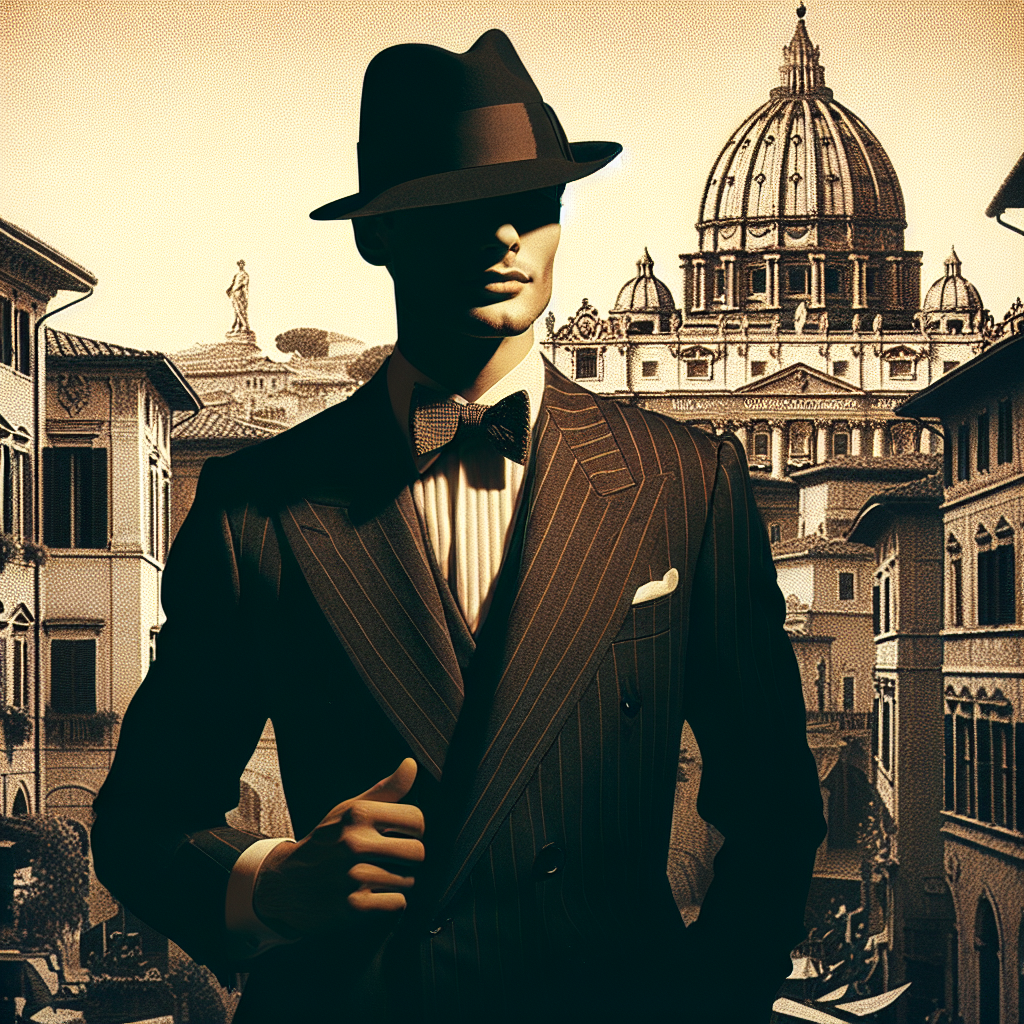
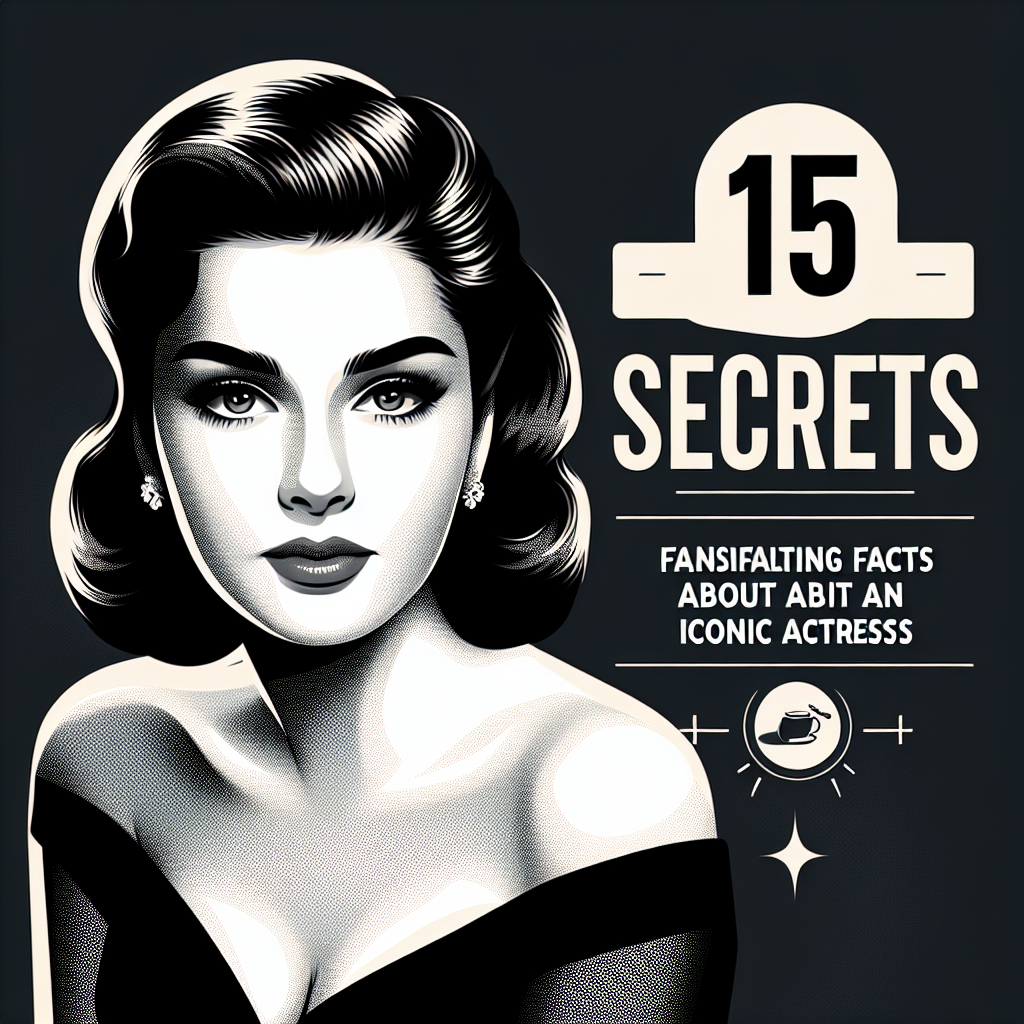
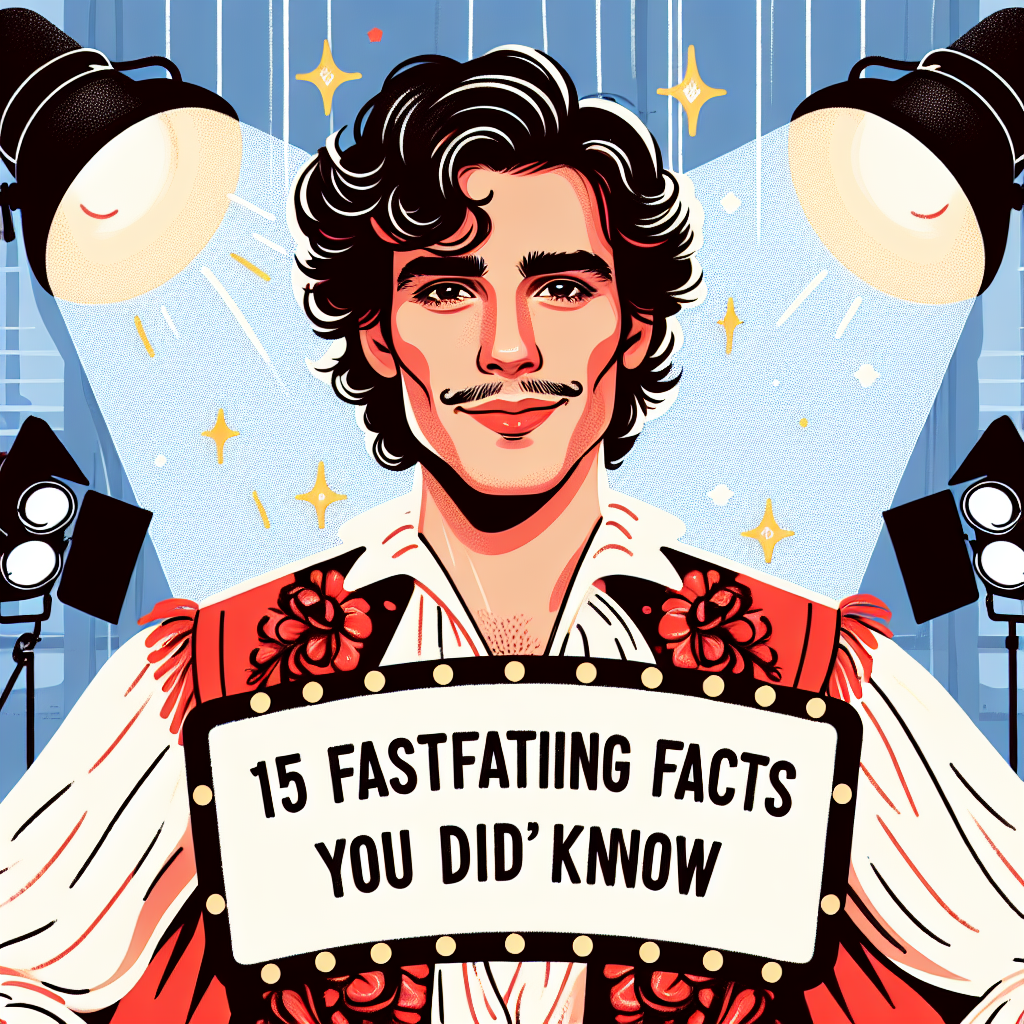

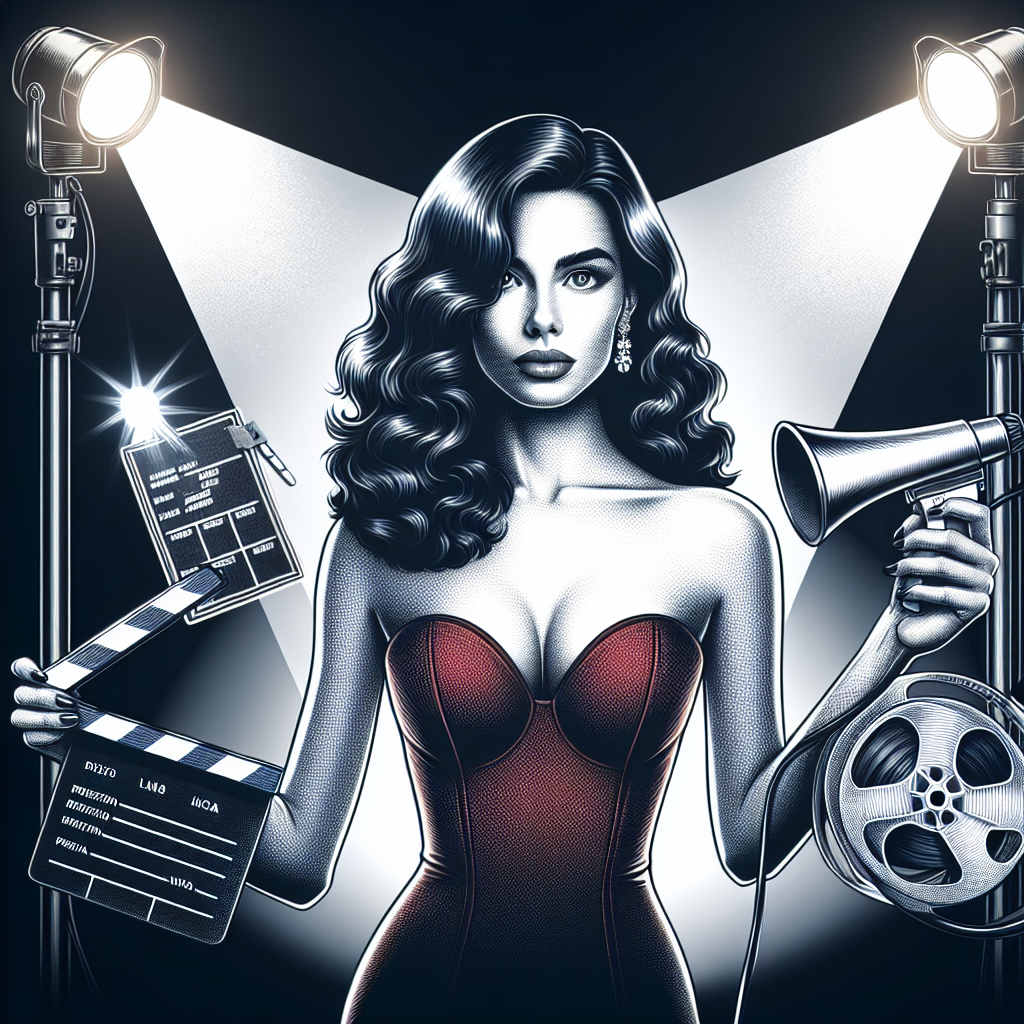


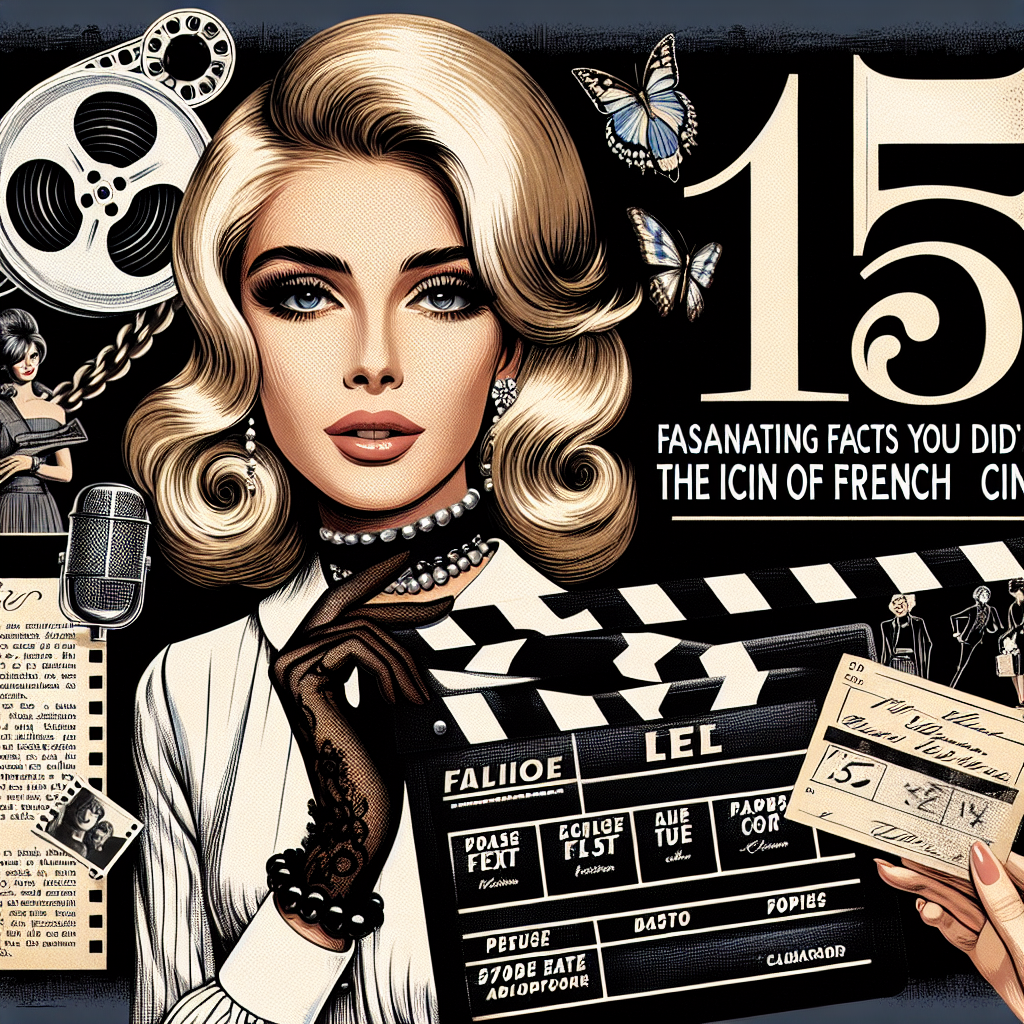
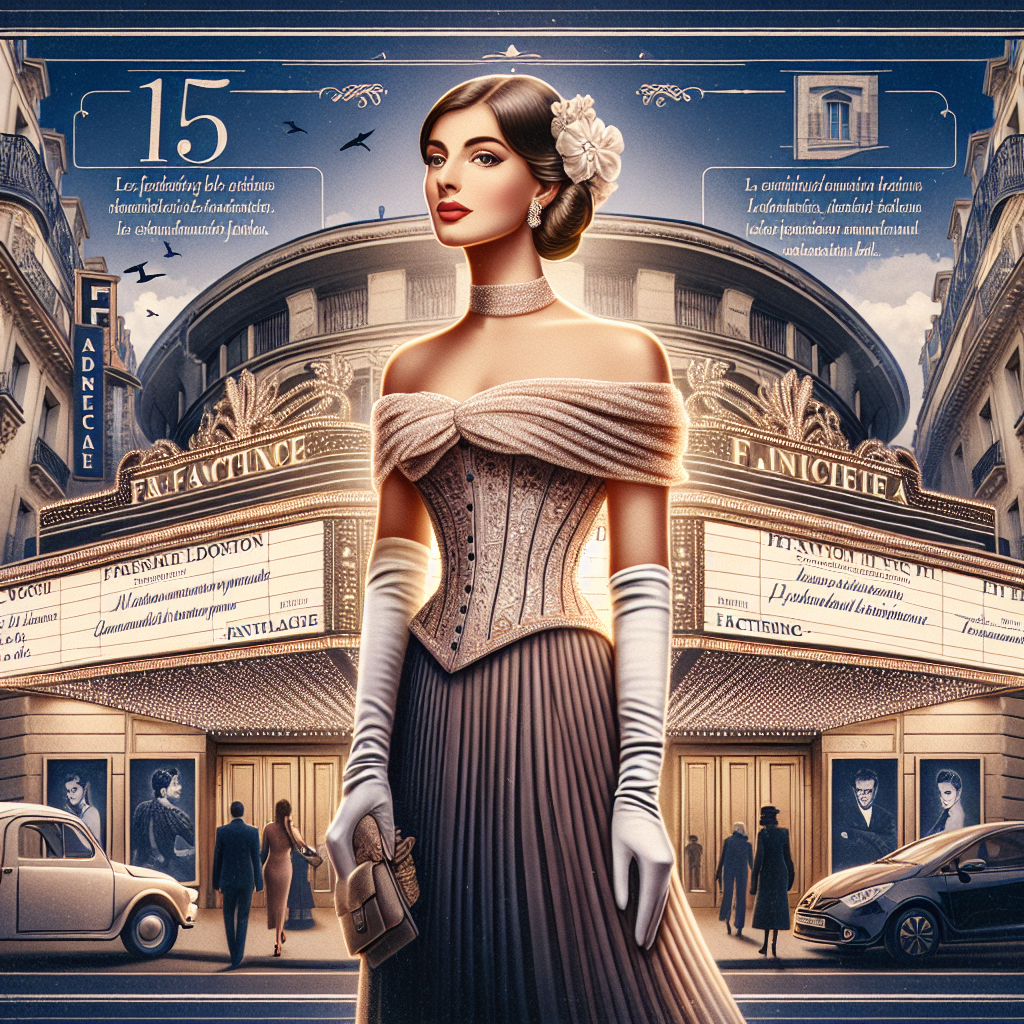
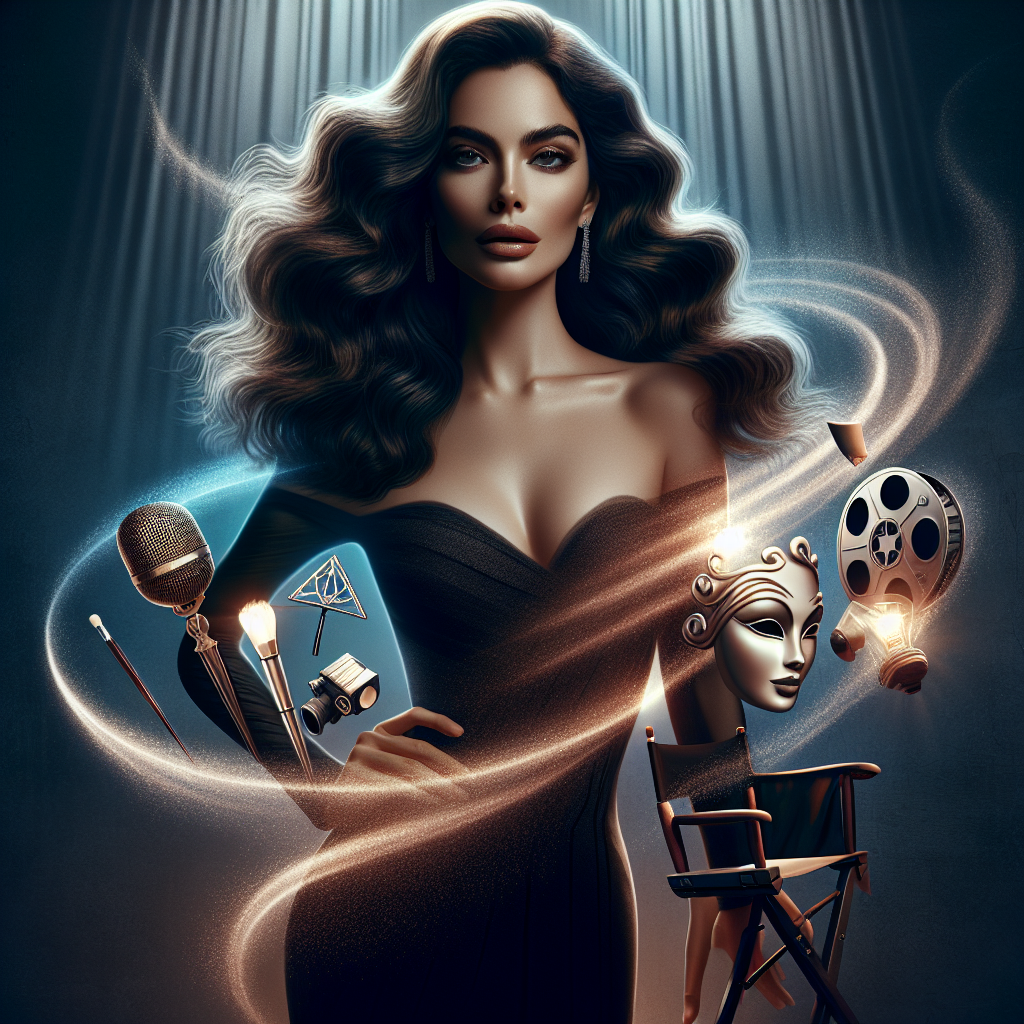




Leave a Reply